Tamarind Pulp | Chintapandu Gujju
Recipe prepared by Smt Jhansi Lakshmi
*****
Article written by Lakshmi Aparna

Introduction
Tamarind pulp, known as Chintapandu Gujju in Telugu, is an essential ingredient in many South Indian recipes, including pulihora, pulusu (except fish pulusu), sambar, and various chutneys. Preparing tamarind pulp at home is not only simple but also very practical, especially when you want to save time in cooking. Homemade tamarind paste can last for up to four months in the freezer and is typically prepared with fresh tamarind, which is widely available in February or March. By preparing it in advance, you can always have this flavorful additive on hand for your recipes.
Preparation Time: 2 hours
Shelf life: 4-6 months in the freezer
1 bowl measuring: 250 ml
Quantity: As required
Quick Navigation:
- Ingredients
- Procedure
- Step 1: Soaking the Tamarind
- Step 2: Adding Salt and Boiling
- Step 3: Cooking the Tamarind
- Step 4: Straining the Tamarind
- Step 5: Boiling with Jaggery, Turmeric, and Oil
- Step 6: Final Cooking and Storage
- Conclusion
Ingredients
Seedless Tamarind (Chintapandu): 1 bowl
Turmeric Powder: 1/2 tbsp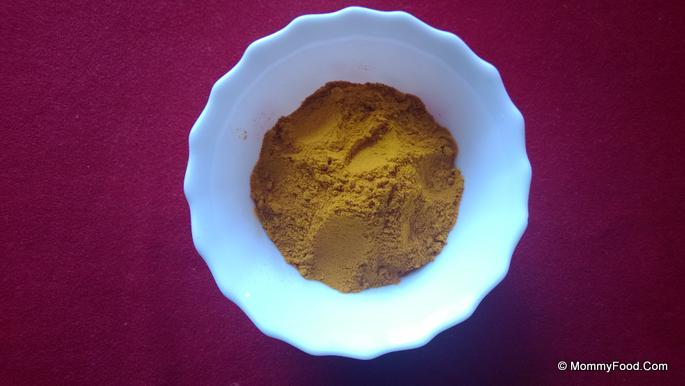
Salt: 1 tbsp
Mashed Jaggery: 1/2 tbsp
Oil: 1 tbsp
Water: 3 bowls
Procedure
Step 1: Soaking the Tamarind
Start by soaking the seedless tamarind in 3 bowls of water for about 30 minutes. This will soften the tamarind, making it easier to extract the pulp.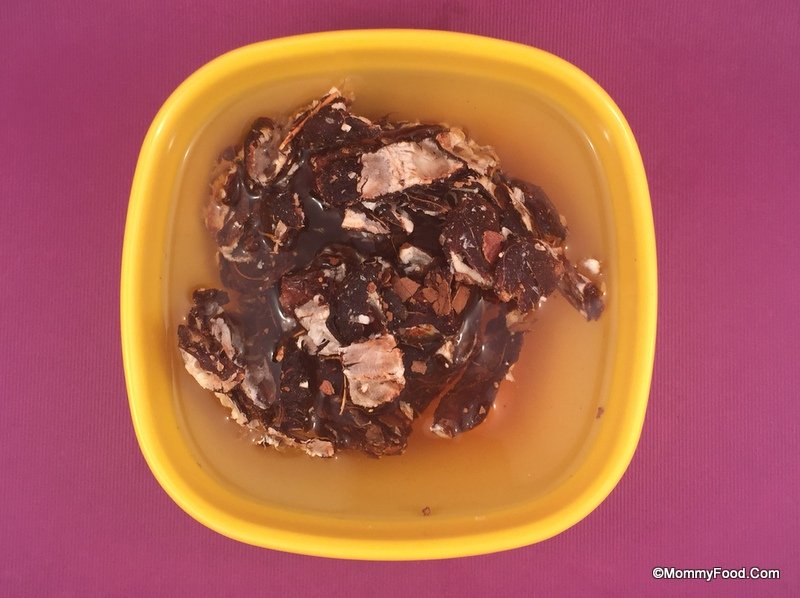
Step 2: Adding Salt and Boiling
Once the tamarind has softened, add 1 tbsp of salt and bring the mixture to a boil. This process helps in extracting the pulp from the tamarind.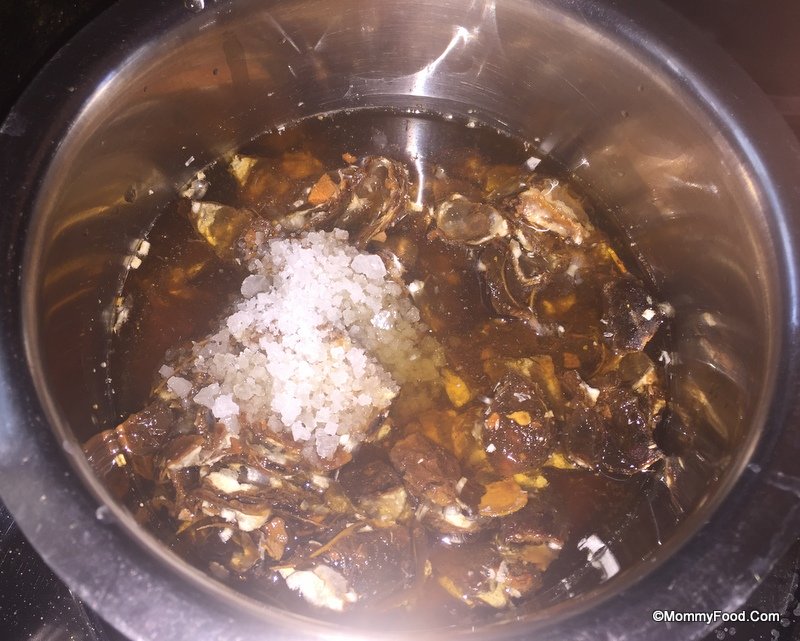
Step 3: Cooking the Tamarind
Let the tamarind boil until it is fully cooked and softened. Stir occasionally to ensure even cooking.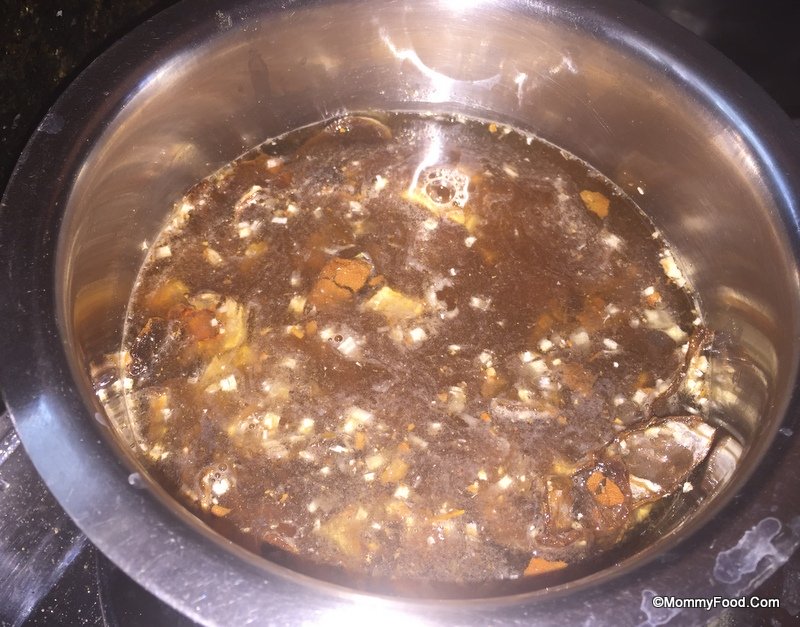
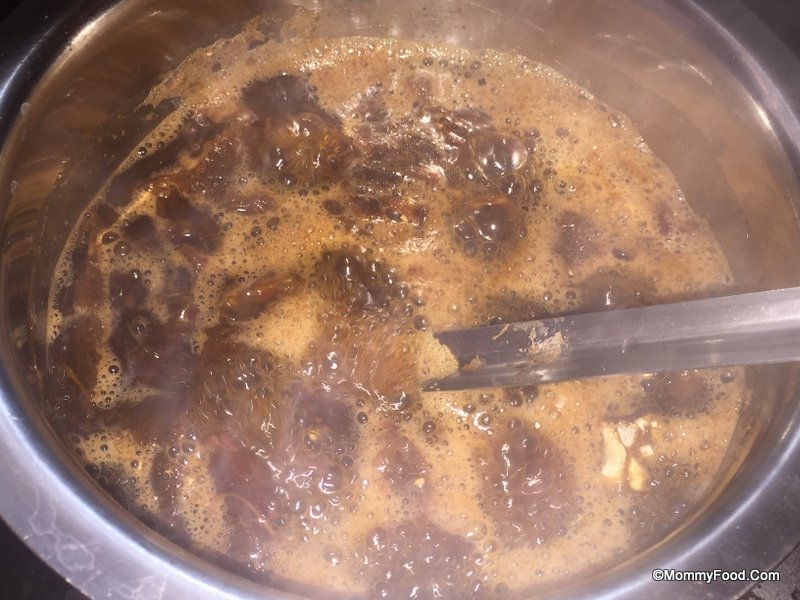
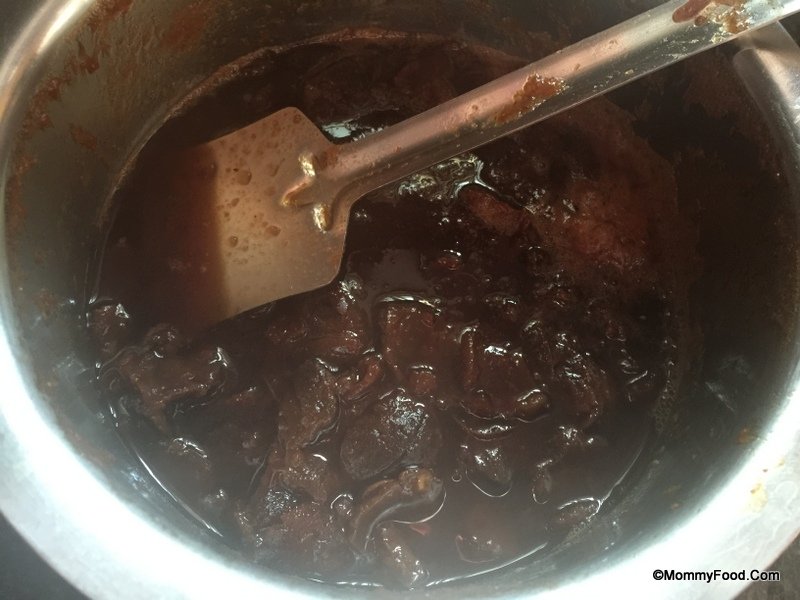
Step 4: Straining the Tamarind
Once the tamarind has cooled, use a strainer to filter out the seeds and fibers, leaving you with smooth tamarind pulp.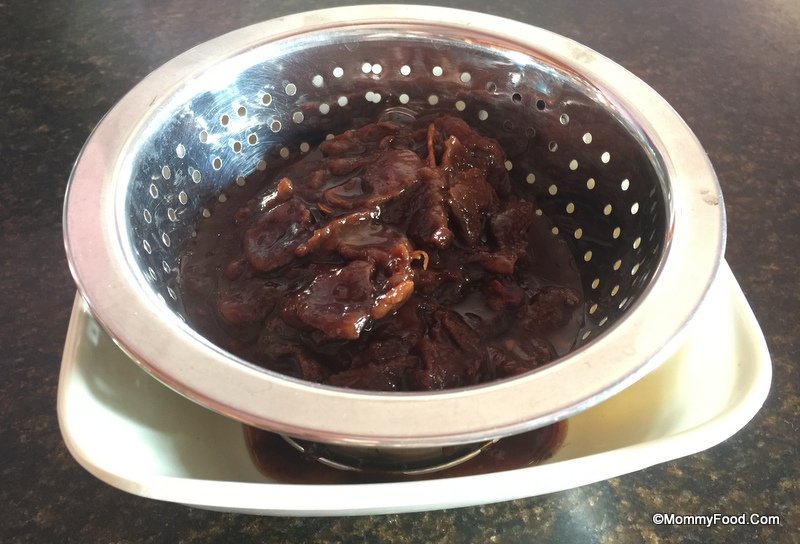

Step 5: Boiling with Jaggery, Turmeric, and Oil
Transfer the filtered tamarind water back to the stove. Add 1/2 tbsp of mashed jaggery, 1/2 tbsp of turmeric powder, and 1 tbsp of oil to the mixture. Let it boil for 15 minutes on low flame until it thickens to a paste-like consistency.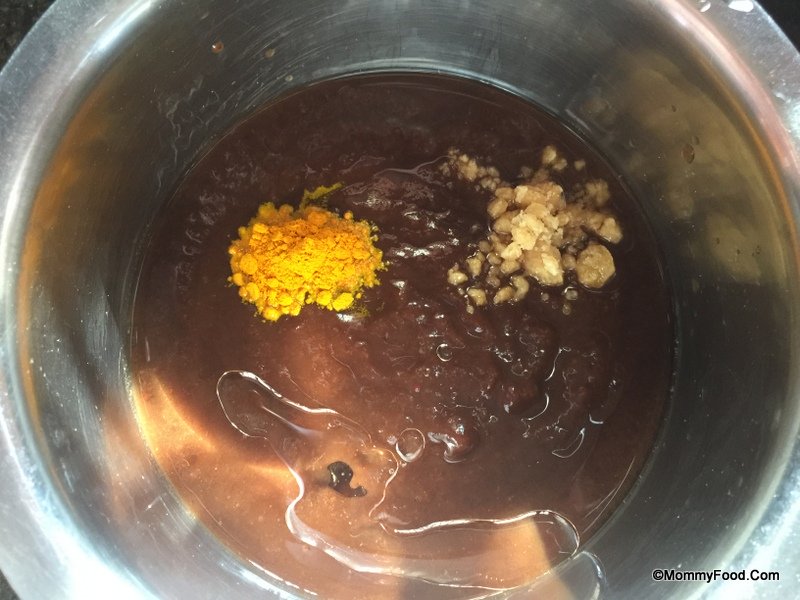
Step 6: Final Cooking and Storage
Continue cooking until the tamarind pulp reaches a thick, paste-like consistency. This indicates that the tamarind pulp is ready.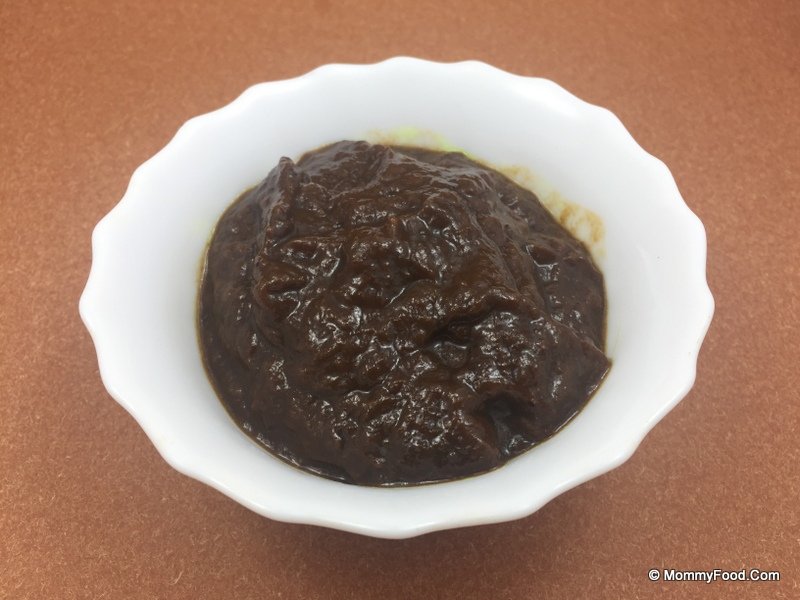
Once cooled, store the tamarind pulp in an airtight container and place it in the freezer. This tamarind paste can be used for up to four months, making it a convenient addition to many dishes.
Conclusion
Making tamarind pulp at home is an excellent way to ensure you always have this versatile ingredient on hand for your recipes. With just a few simple steps and a handful of ingredients, you can prepare a large batch of tamarind paste that will last for months in the freezer. Whether you're making sambar, pulusu, or chutney, this homemade tamarind pulp will enhance the flavor of your dishes, making them more authentic and delicious.
Like our recipes? You want us to do more?
Keep us running! Buy from our affiliate store:
US | Amazon Best Sellers & Deals
India | Amazon Best Sellers & Deals























Comments powered by CComment